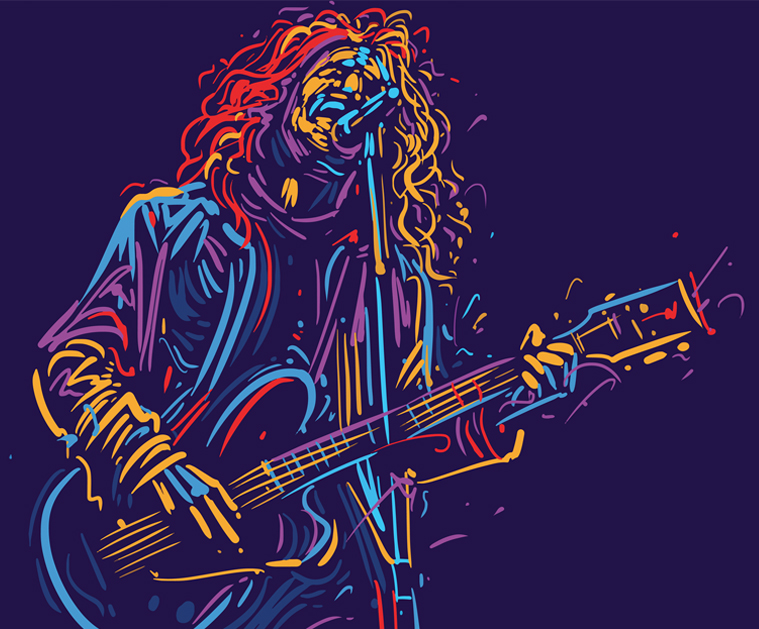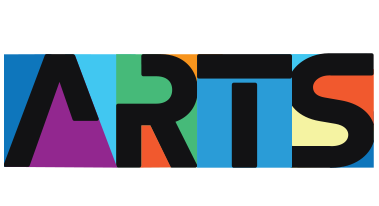Music inspires creativity. Just like the benefits of art for children, the benefits of music education in early childhood last a lifetime. Even if your child doesn’t embrace music until later, the benefits of music education in High School gives your child a competitive edge both in academia and future careers.
Music education benefits the bodies and brains of developing children, and they don’t even realize it. They think they are just having fun with sound, but they are building muscles and neural pathways while developing skills that will help them in adult life. Here are 7 ways music education benefits children.
#1 Improves Motor Skills
Learning to manipulate the keys on a keyboard or horn, the strings on an instrument, a bow, or use drumsticks builds muscle strength and flexibility. It increases control over small muscles in the hands, arms, and feet. Dexterity isn’t the only benefit. Playing a stringed instrument improves gross motor skills as both sides of the body must work differently and together at the same time. By learning bilateral and unilateral body movements, the brain and body improve. Studies show locomotive ability increases as well as neural networks in children exposed to music.
From learning to clap in time with open hands to playing an instrument, music education for children improves motor skills.
#2 Develops Memory
Dartmouth College researchers find that musicians consistently outperform non-musicians in memory tests. Music education teaches children to read music, play the proper notes on their instrument, and follow the lead of a director. Executing these processes simultaneously relies on the memory center of the brain.
There’s a reason that children worldwide learn to sing their alphabet. Music helps memorization. Studies in the US and Japan find that music doesn’t just help us retrieve stored memories, it helps us cement new ones.
#3 Builds Hand-Eye Coordination
Hand-eye coordination occurs when the eyes can direct a task that the hands carry out. When a child learns a new instrument or learns a new piece of music, they must create the required notes using the correct hand motions. Eyes shift between notes on paper and the hands to ensure the correct sound is produced.
Just as playing sports improves hand-eye coordination, learning to play an instrument improves hand-eye coordination as well.
#4 Improves Listening
Music isn’t processed by the center of the brain dedicated to speech. That’s why stroke victims who lose the ability to speak can still sing. Researchers find that children who received music training show differences in the thickness of the auditory areas in the right versus the left hemisphere. This is a sign that music training impacts brain structure. Engaging in music enhances listening skills as both sides of the brain are engaged.
Nina Kraus, a brain researcher at Northwestern University, says “music training leads to changes throughout the auditory system that prime musicians for listening challenges beyond music processing.”
Music is like a workout for the brain to keep it toned.
Auditory learning required by music education courses requires your child to form relationships between sounds and meaning. Your child’s brain gains the ability to assess the relevance of information-bearing elements in auditory signals. So, even in non-musical contexts, like a classroom lecture, musicians learn and remember more than non-musicians.
#5 Helps Math Skills
Music and math are related, no matter how different they may seem. Engagement in music is about exploring sounds and this exploration improves math skills. You can’t engage in music without developing pattern awareness and counting skills. These types of skills contribute to success in mathematics. For example, even young children learn to recognize the repeating verses and choruses in music as patterns. Pattern familiarity is crucial for exploring and understanding mathematical formulas and equations.
Understanding fractions is easier when you already grasp the half note. Measures and time signatures help with understanding ratios.
#6 Increases Self-Discipline
Making music requires practice. The more a child practices, the better they get. This self-perpetuating feedback mechanism teaches cause and effect. The requirement to practice regularly builds a high level of self-discipline that can be applied to other areas of study. The effort and patience required to learn music create powerful building blocks for study habits that benefit their academics too.
#7 Builds Self-Confidence
Engaging in music education helps children build confidence about who they are and what they can achieve. Music classes bring students together in a social setting where they must learn to work as a team. As they build individual strengths, they also build the ability to work with others confidently.
When a child performs, they conquer fear and receive a tremendous boost in their confidence. These skills help them navigate life as adults. Children that participate in a music competition as part of their education learn powerful confidence-building lessons. Music competitions teach children to win and how to manage defeat.
Setting and achieving goals, whether it is a new instrument, a new piece of music, or a new technique builds true self-confidence.
Long Island Music Education for Children and Teens
Music education is important for children of all ages. Even if your child takes up an instrument in their teens, they still reap the rewards for the rest of their life.
The East End Arts & Music School offers private and group lessons, lessons in sound engineering in our world-class recording studio, performance opportunities, the chance to collaborate with master musicians, and summer camps. There are programs for high school students who plan on pursuing music in college and sessions for kids who want to play in a band.
Music education programs are available all year and for all levels. Scholarships are available for those who qualify.
Explore music education at East End Arts & Music School.






